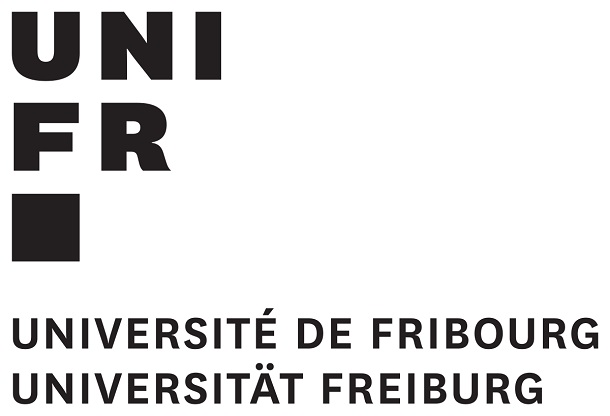
Date: February 15-16, 2019
Venue: University of Fribourg, Switzerland Organisers:
Prof. Julia Obertreis, University of Erlangen-Nürnberg Prof. Christine Bichsel, University of Fribourg
Dr. Ekaterina Filep, University of Fribourg.
The steppe represents a vast ecological space, but also a key symbolic reference for Russian imperial and Soviet history. To date, scholars have explored the cultural, political and ecological history of the steppe for the pre-Soviet period (for example Khodarkovsky 2002, Sunderland 2004, Moon 2013, Piancola/Sartori 2013). For the Soviet period, selected works have addressed issues related to the steppe such as agricultural and economic rural development (McCauley 1976, Abashin 2015), the Virgin Lands Campaign in Kazakhstan (Pohl 2013, Saktaganova 2017), Stalinist compulsory sedentarization of nomads and state building (Ohayon 2009, Pianciola 2009, Kindler 2014), resettlement policies and practice (Pohl 2007), land reclamation and irrigation development (Obertreis 2017, Bichsel 2017), and national and international scientific debates (Elie 2015). However, existing scholarship rarely centers on the steppe itself (for an exception drawing on agricultural and environmental history see Elie/Ferret 2018).